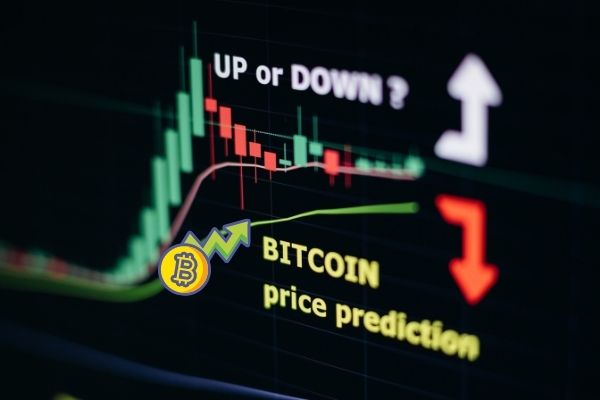
-
U.S. Bitcoin ETF is a pure cash-settled derivatives product that “tracks” the price of bitcoin imperfectly
- Investors may be better off buying bitcoin directly if they are just looking to buy and hold the underlying cryptocurrency
Diet soda promises all of the flavor, but none of the calories. Yet in reality, diet anything falls short on both counts, it rarely tastes as good as the real thing, nor does it help with the calories as it triggers you to eat more of other stuff because it leaves you feeling unsatiated.
Enter the U.S. Bitcoin ETF.
On the surface it looks like any other ETF, just that it tracks the price of bitcoin.
But look beneath that veneer and it becomes immediately apparent the U.S. Bitcoin ETF is a diet product – none of the flavor or fullness of bitcoin.
After almost a decade of wrangling with regulators, the ETF industry may now have a U.S. ETF that tracks the price of bitcoin, yet ordinary investors may be better off just buying the real thing.
And that’s because the U.S. Bitcoin ETF isn’t buying bitcoin as its underlying asset, it’s buying CME Group’s bitcoin futures product, which itself is a cash-settled product that doesn’t create any demand for the underlying bitcoin itself.
Although bitcoin and bitcoin futures may sound like one and the same thing, there are key differences.
Futures track bitcoin’s spot price indirectly through the use of cash-settled bitcoin futures contracts on the Chicago Mercantile Exchange and often require investors to put down cash to trade as a form of collateral.
Traders often use futures to bet on price movements, such as shorting the price of bitcoin or to hedge other bets.
While for the most part, the prices of bitcoin and its futures tend to trade in a line, this isn’t always the case, and that’s known as the spread.
A simple basis trade involves buying the actual bitcoin and selling the futures product to capture that spread, but that’s assuming the futures product is for physical delivery, which in the case of the U.S. Bitcoin ETF and the CME Group’s bitcoin futures product, it is not.
Add to that, futures involve complicated concepts like contango, where the futures price of bitcoin may be higher than the spot price, and backwardation, when the spot price of bitcoin is higher than the price of the bitcoin futures and investors may be getting far more than they bargained for, yet be receiving far less than they wanted.



